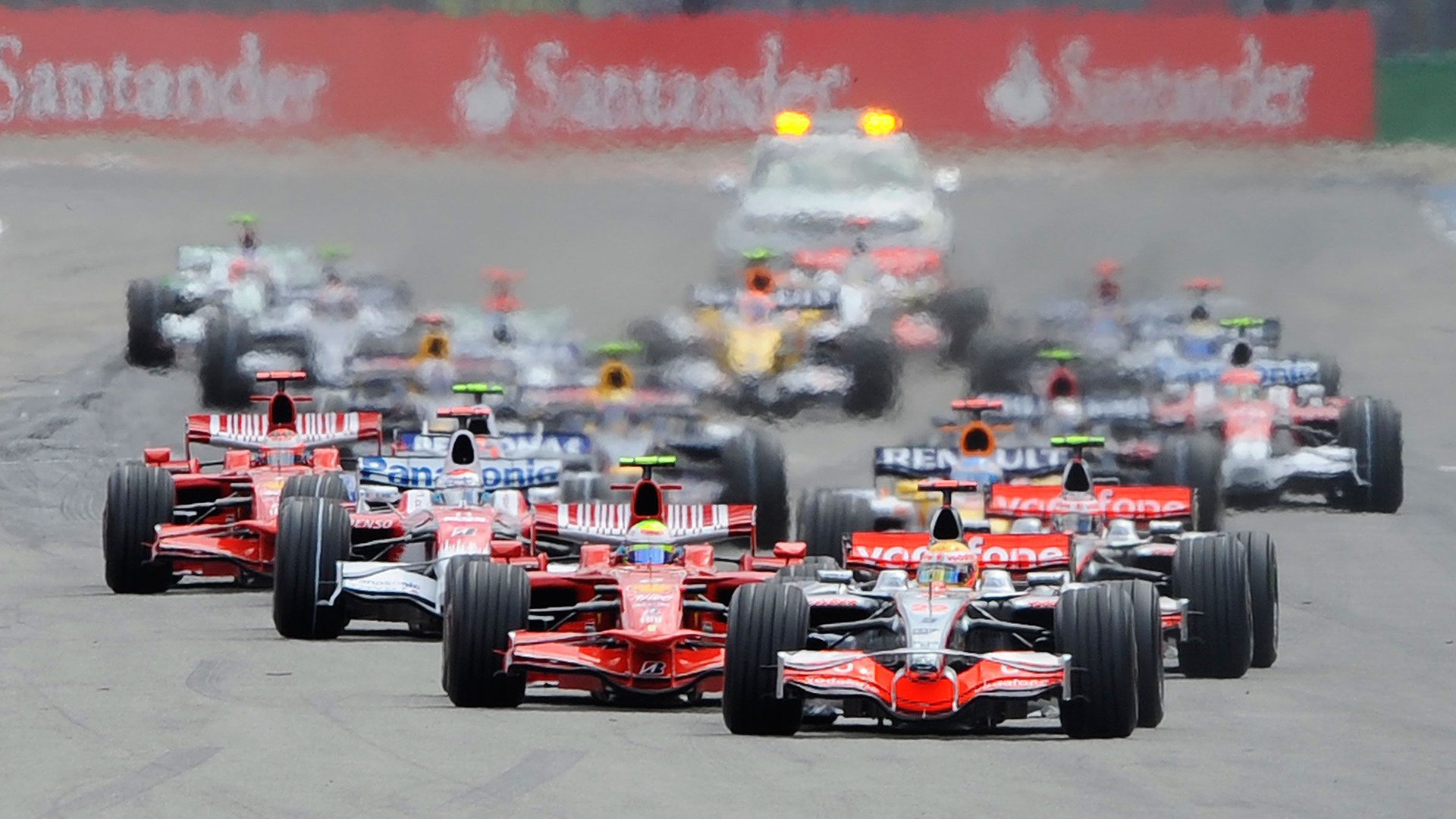Formula One’s new owner is giving the elite motorsport a Super Bowl-style makeover
When John Malone’s Liberty Media bought the parent company of Formula One earlier this year, many expected that the elite motorsport would soon undergo some drastic changes. They were right.


When John Malone’s Liberty Media bought the parent company of Formula One earlier this year, many expected that the elite motorsport would soon undergo some drastic changes. They were right.
The American company is reportedly planning a revamp that would treat each of the global auto sport’s 21 Grand Prix races like its own Super Bowl, with a full week of events, that could include sponsored activities, musical performances, and other ancillary events, the Financial Times reported (paywall), citing an unnamed senior executive involved with F-1. Currently the events are three-day affairs.
Liberty Media also plans to sell naming rights to the races, the publication reported.
Liberty Media officials did not immediately confirm or comment on the report.
The US media company, which also has stakes in events juggernaut Live Nation and the Atlanta Braves baseball team, acquired a 19.1% stake in F-1 this year through its purchase of F-1 parent company Delta Topco, with an agreement to take control of the sport from sellers including private-equity firm CVC Capital Partners if shareholders and regulators approved. The deal, which has already received anti-trust approvals and is expected to be completed in the first quarter of 2017, shook up F-1’s leadership, bringing in a new chairman—Chase Carey, formerly of 21st Century Fox.
At the Singapore Grand Prix in September, the first Carey ever attended, he said he wanted to make the races “much bigger, much broader, and appeal to a much larger audience happening throughout the week,” according to Autoweek.
The F-1 overhaul includes plans for more aggressive, NFL-style promotion of rivalries between teams, such as Mercedes AMG, Red Bull Racing, and Scuderia Ferrari, and between top drivers like Lewis Hamilton and Nico Rosberg.
The executive who spoke with the FT indicated there’s plenty of room to expand the sport’s promotional prowess. “There’s no marketing, no research, no data, no digital platforms,” the unnamed F-1 official told the paper. “This sport has unique global content and hasn’t done enough to take advantage of that. We need to build the rivalries and enable people to understand the technology that goes into the sport.”
The revamp, designed to attract sponsors while engaging audiences, could also include an expansion of the sport’s presence in the US, where it has become more popular since adding a race in Austin, Texas, to the calendar in 2012—the first Grand Prix in the US since 2007. For at time, there was talk of adding a circuit in New Jersey to the schedule. The Financial Times reported that Liberty Media is now looking to add a race in a major market like New York, Los Angeles, Las Vegas, or Miami.
The company also sees opportunities for the sport in virtual reality and merchandising.
The news might not be welcome to long-time fans of the sport, who tend to be resistant to change. But a lack of modernization by F-1 under its private-equity owners hasn’t served the sport well. As the FT notes, team sponsorship revenues are stalling out and audiences in key markets like Asia have been declining.